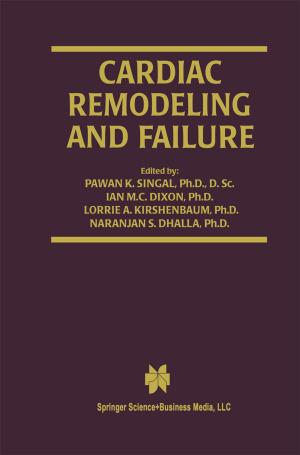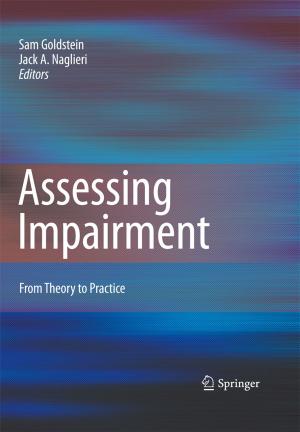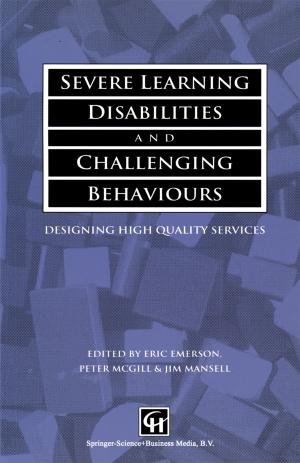Geology and Society
Kids, Natural World, Nonfiction, Reference & Language, Education & Teaching, Science & Nature, Science| Author: | ISBN: | 9781461325437 | |
| Publisher: | Springer US | Publication: | December 6, 2012 |
| Imprint: | Springer | Language: | English |
| Author: | |
| ISBN: | 9781461325437 |
| Publisher: | Springer US |
| Publication: | December 6, 2012 |
| Imprint: | Springer |
| Language: | English |
Mankind lives, works, and plays on the earth's surface. The majority of such human activities change in some manner the geological materials and processes of our planet. It is the basis of this book that an understanding of this relationship is significant. Furthermore, it is demonstrated that natural processes and events can in turn greatly affect society. Erosion devastates farms and grazing lands. The spectacular hazards of earthquakes, volcanoes, floods, and landslides can lead to disastrous loss of life and property. Thus, one theme in this book is to provide perspective on the duality of these impacts on the environmental scene. Geology is a key component that can lead to an improved understanding of these changes and influences. A care full orchestration of geological studies can help soften the deleterious aspects of nature and minimize the harmful byproducts of civilization. This is the central message that is repeated throughout these pages. This book is one of a series of volumes published and in preparation in the series entitled "Environmental Resources Management. " Books already in print include two on soils, and others on mineral resources, and land-use planning. These will be followed by books on surface-water resources, groundwater resources, environmental pollution, energy resources, coastal environments, glacial environments, arid regional environments, and others. Chapter 1 provides the introduction and sets the stage and tone for the book. Chapters 2,3, and 4 deal with the resource base of society - minerals, fuels, and water.
Mankind lives, works, and plays on the earth's surface. The majority of such human activities change in some manner the geological materials and processes of our planet. It is the basis of this book that an understanding of this relationship is significant. Furthermore, it is demonstrated that natural processes and events can in turn greatly affect society. Erosion devastates farms and grazing lands. The spectacular hazards of earthquakes, volcanoes, floods, and landslides can lead to disastrous loss of life and property. Thus, one theme in this book is to provide perspective on the duality of these impacts on the environmental scene. Geology is a key component that can lead to an improved understanding of these changes and influences. A care full orchestration of geological studies can help soften the deleterious aspects of nature and minimize the harmful byproducts of civilization. This is the central message that is repeated throughout these pages. This book is one of a series of volumes published and in preparation in the series entitled "Environmental Resources Management. " Books already in print include two on soils, and others on mineral resources, and land-use planning. These will be followed by books on surface-water resources, groundwater resources, environmental pollution, energy resources, coastal environments, glacial environments, arid regional environments, and others. Chapter 1 provides the introduction and sets the stage and tone for the book. Chapters 2,3, and 4 deal with the resource base of society - minerals, fuels, and water.















